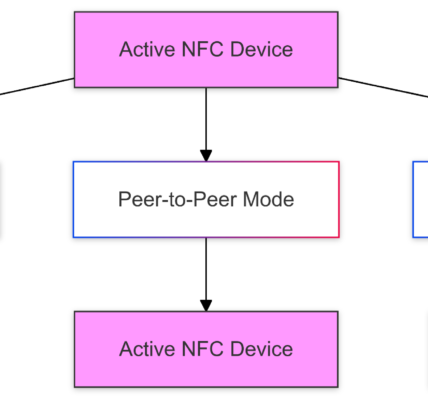Unlocking Sustainable Growth: The Power of Environmental Economics in Modern Business and Investment
In today’s fast-paced and increasingly interconnected world, the concept of sustainable growth has become a cornerstone for businesses and investors alike. As the global community grapples with the challenges of climate change, biodiversity loss, and social inequality, the integration of environmental economics into business strategies is no longer a luxury but a necessity. This article delves into the pivotal role that environmental economics plays in driving sustainable development, exploring key themes such as sustainable finance, green finance instruments, regulatory frameworks, and multi-stakeholder partnerships.
What is Sustainable Finance?
Sustainable finance is a paradigm shift in financial decision-making that integrates environmental, social, and governance (ESG) considerations. Unlike conventional finance, which often prioritizes short-term gains over long-term sustainability, sustainable finance commits to environmental betterment and economic sustainability. This approach recognizes that financial returns are not mutually exclusive with social and environmental well-being. By incorporating ESG factors into investment decisions, businesses can mitigate risks associated with climate change, social unrest, and poor governance while capitalizing on opportunities for sustainable growth.
Sustainable finance is more than just a moral imperative; it is a sound business strategy. It helps companies avoid reputational damage, comply with evolving regulatory requirements, and tap into the growing market demand for sustainable products and services. For investors, it offers a way to align their portfolios with their values while potentially enhancing long-term financial performance.
Key Components of Sustainable Finance
Environmental Considerations
The preservation of biodiversity, prevention of pollution, and support for climate change mitigation and adaptation are core environmental considerations in sustainable finance. Green finance instruments such as green bonds, green credits, and green insurance play a crucial role in funding projects that contribute to these goals. For instance, green bonds are specifically used to finance projects that have positive environmental impacts, such as renewable energy projects or sustainable infrastructure.
Social Considerations
Sustainable finance also addresses critical social issues like human rights, labor relations, and investment in communities. Companies are held accountable for their social impact through rigorous ESG assessments. This ensures that investments are made in ways that respect human rights, promote fair labor practices, and contribute positively to community development.
Governance Considerations
Effective governance is essential for ensuring that companies adopt sustainable practices. This includes robust management structures, transparent employee relations, and fair executive remuneration. Good governance practices help build trust among stakeholders, reduce the risk of corporate scandals, and foster a culture of accountability and transparency.
Role of Green Finance in Sustainable Development
Green finance is instrumental in supporting the transition to a low-carbon, circular economy. It aligns with the Sustainable Development Goals (SDGs) and the Paris Climate Agreement by providing financial resources for projects that reduce greenhouse gas emissions and promote sustainable development. Initiatives such as green bonds, green banks, and carbon market tools are key components of this effort. Green banks, for example, specialize in financing renewable energy projects and energy-efficient infrastructure, thereby accelerating the transition to cleaner energy sources.
Policy and Regulatory Frameworks
Robust regulatory frameworks are vital for promoting sustainable finance. Changes in countries’ regulatory frameworks and the harmonization of public financial incentives have been instrumental in driving this shift. The European Union has been at the forefront with policies such as the EU Taxonomy, the Corporate Sustainability Reporting Directive, and the Sustainable Finance Disclosures Regulation. These policies provide clear guidelines on what constitutes sustainable activities and require companies to disclose their ESG performance transparently.
Multi-Stakeholder Partnerships and Capacity Building
Multi-stakeholder partnerships involving financial markets, banks, investors, micro-credit entities, and insurance companies are crucial for scaling up sustainable finance. These partnerships facilitate the flow of capital into sustainable projects and ensure that all stakeholders are aligned towards common sustainability goals. Capacity-building initiatives for community enterprises and financial regulators are also essential. These initiatives help build the necessary skills and knowledge to implement sustainable finance practices effectively.
Impact on Corporate Performance and Economic Growth
There is a growing body of evidence suggesting a positive correlation between green finance and corporate green performance. Studies have shown that companies that adopt sustainable practices tend to have better financial performance due to mechanisms like capital concentration and information dissemination. Investments in renewable resources drive green economic growth by creating new job opportunities, stimulating innovation, and reducing dependence on fossil fuels.
Transition Finance and Long-Term Sustainability
Transition finance plays a critical role in financing companies that are transitioning to sustainable practices. The EU’s sustainable finance toolbox supports companies with different sustainability starting points by providing tailored financial solutions. This approach recognizes that not all companies are at the same stage of their sustainability journey and offers flexible financing options to help them transition smoothly.





